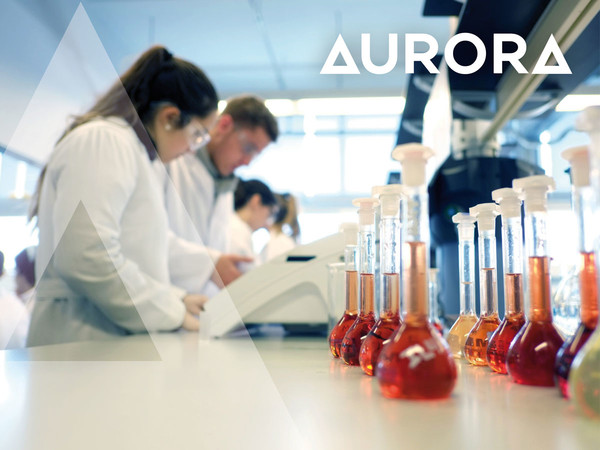The first open call aimed at fostering international scientific and academic collaboration, research mobilities, and thematic summer schools, was very much welcomed across the Aurora network. UP is the coordinator of one of the seven supported projects and participates in two others as a partner. It will also participate in the organisation of a summer school and will send two students for research mobilities at partner institutions.
The Call for Incentive Research Collaboration was launched earlier this year as part of the Aurora 2030 programme supported by the European Universities Initiative under the auspices of the European Commission. Applications for the next round will be open in early 2025.
Joint scientific research projects
“In the first year of the call, 26 eligible projects were submitted. These were subsequently evaluated by the Aurora Research Council, to which scientists from each of Aurora’s partner universities across the disciplinary spectrum were appointed. The results were then approved by the Aurora’s Vice-Rectors for Research. Based on the evaluation by both bodies, seven projects were awarded support totalling €104,000; Palacký University Olomouc is represented in three of them,” says Marie Jadrníčková, Aurora Research Officer at UP.
As the coordinator, UP was successful with the NUTRIAGE24 project. Its principal investigator, Romana Klášterecká from the UP Faculty of Science, will work with colleagues from Universitat Rovira i Virgili in Spain and the University of Iceland to address the issue of healthy ageing. They will focus on the relationship between nutrition, health, and environment in adults, taking into account their living situations and the social determinants that influence access to proper foods.
UP is also a partner in two other funded projects. The ETHICAL project, coordinated by the University of Naples, Italy, together with the University of Innsbruck, Austria, also involves Lucie Macková from the UP Faculty of Science. The main objective is to develop a comprehensive model that captures migration flows within the European Union. This study will include the broader dynamics of migration within and towards the EU and take into account the complex factors that contribute to migration trends and patterns.
The use of fertilisers and pesticides in the cultivation of medicinal plants can have adverse impacts on herbal products and extracts. The VALOR-LIGHT project will therefore seek to offer solutions through organic, self-sustaining farming methods and environmentally friendly products that protect the health of consumers. It is led by the University of Innsbruck, and brings together five partner universities, including the affiliated P.J. Šafárik University in Košice, Slovakia. Lukáš Spíchal, Head of CATRIN-CRH, will participate on behalf of UP.
Thematic Summer Schools
In the second key activity, the Department of Chemical Biology at the UP Faculty of Science succeeded as a partner in the CIRAGRO summer school. This is coordinated by the University of Naples Federico II, Italy, and together with the University of Duisburg-Essen, Germany and the University of Innsbruck, Austria, will focus on circular economy in the agro-industrial sector.
Short-term scientific research mobilities
The best evaluation among the applicants from UP was awarded by the Aurora Research Council to students Tadeáš Volný and Eliška Postavová from the Department of Optics at the UP Faculty of Science. Volný will take part in a researcher mobility in Innsbruck with Prof Tracy Northup, while Postavová will head to the Department of Physics at the University of Naples.
Further information on the results is available on the main Aurora website. New calls and other opportunities for UP students and employees are also regularly published on UP’s Aurora website.
